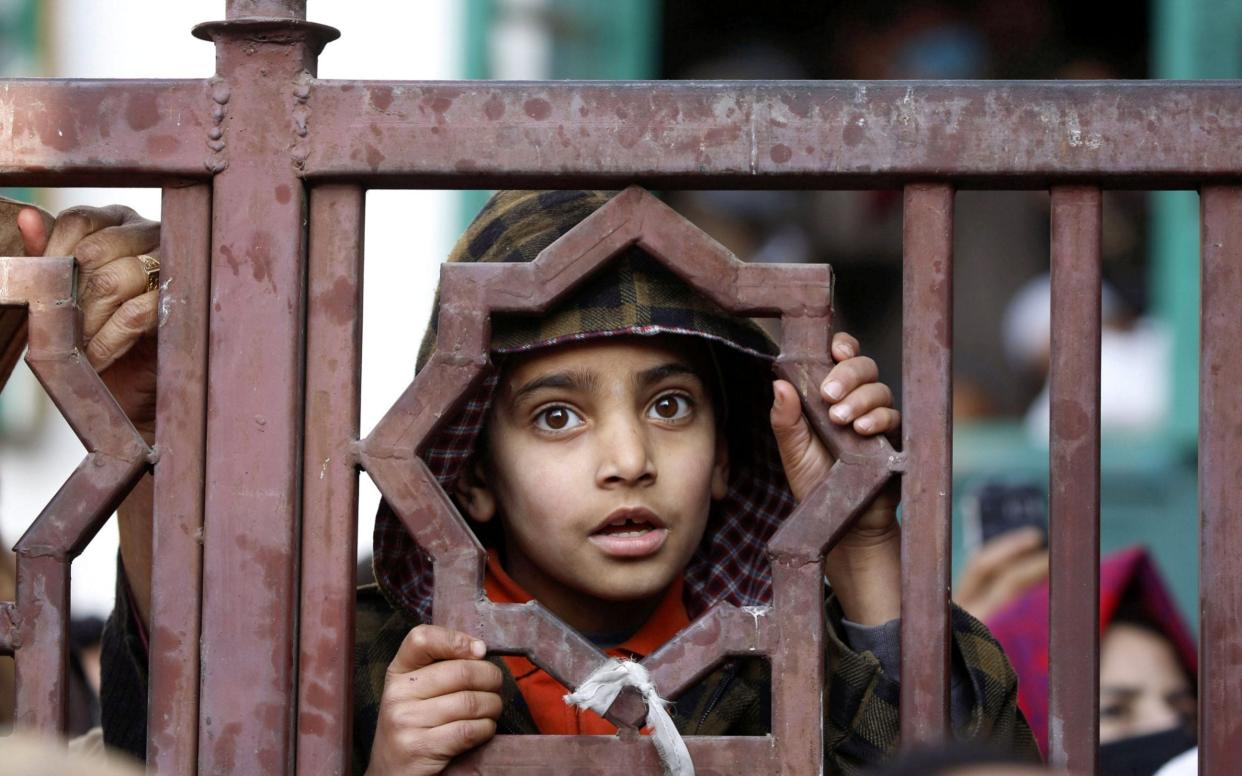High speed internet restored in Kashmir after 'world's longest' blackout

High-speed mobile internet has been restored in Kashmir after what has been called the longest blackout in any democracy in history, as pressure grows on the Indian government for its internet shutdowns.
Kashmiris welcomed the news on social media but many also expressed anger towards the authorities for the 18-month cut-off, described as a "digital apartheid" by activists, which has helped decimate the economy of India’s only Muslim-majority region.
Between August and December 2019 alone, it is estimated the internet ban cost Jammu and Kashmir £1.85 billion as its vital tourism and agriculture industries were unable to function, according to the Kashmiri Chamber of Commerce. The Indian Government did not give any reason for the resumption of high-speed internet.
But, it is facing increasing international criticism for an ongoing internet shutdown on the outskirts of Delhi, where hundreds of thousands of farmers are occupying the roads in protest at new agricultural bills.
The Indian Government has also threatened to take legal action against Twitter, after the social media platform reinstated the accounts of 250 users that New Delhi requested were permanently banned for sending provocative tweets related to the protests.
“We recognize that unhindered access to information, including the internet, is fundamental to the freedom of expression and a hallmark of a thriving democracy,” read a statement from the US State Department on Thursday.
Tweets from public figures including popstar Rihanna and environmental activist Greta Thunberg in support of the protesting farmers had also catapulted the farmers' protests and accompanying blackout into headlines news worldwide.

India shuts its internet down more than any other democracy, with more than 400 blackouts over the last four years, according to a Forbes report.
These shutdowns cost the Indian Government approximately £2 billion in 2020 alone, with over half of the blackouts occurring in Jammu and Kashmir.
The authorities had initially argued the blackout was necessary to maintain security in the restive region, after revoking its autonomous status on August 4, 2019.
A violent pro-independence insurgency has raged in Jammu and Kashmir between militants and the Indian Army for over three decades, claiming the lives of at least 40,000 people.
While 2G internet was permitted again from January 2020 on mobile and computers on specific whitelisted sites, the speed was so slow that most Kashmiris said it was a pointless gesture.
Human rights activists argued the shutdown restricted the freedom of Kashmiris and stopped information from leaving the region.
"The multi-faceted and targeted denial of digital rights is a systemic form of discrimination, digital repression and collective punishment of the region's residents," said a report by a group of NGOs in the region, the Jammu-Kashmir Coalition of Civil Society.
The Indian authorities are accused of a plethora of human rights abuses in Jammu and Kashmir, including the torture of civilians and imprisonment of children.
In December, the Indian Army admitted three of its soldiers had killed three Kashmiri civilians in a staged gunfight and planted weapons on the bodies.

